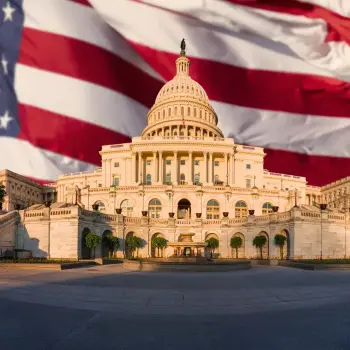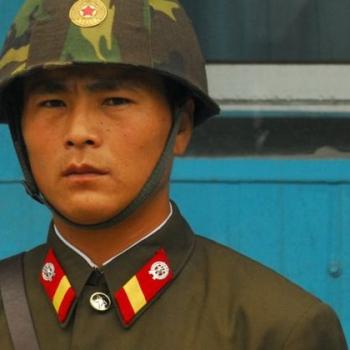They cover reverence for life, responsibility, communication, relations, and nourishment. Of course, such core values aren't exclusive to Buddhism. The Order expands upon the basics in a larger set guidelines. In the first four of these, you might sense the potential depth of their applicability to violence:
- openness
- nonattachment to views
- freedom of thought
- awareness of suffering
You might consider for yourself as to if and how even just one might provide added solidity and understanding to your own sense of dealing with violence.
Letters to a Suicide Bomber
Buddhist truths are not doctrines to fight, kill, or die for. Neither are they abstract theories, floating in the ether, nor fixed objects, as can be poured from a can. Rather, mindfulness and mindfulness trainings are necessarily to be put into application. Any "Truth" therein is to be found in life -- where we might use our own lives as our lens, light, and lab of mindful research. Living truth.
One practice that Thich Nhat Hanh has devised to facilitate deeper awareness, understanding, and transformation of violence, is to write a letter to a suicide bomber. (You could say terrorist. The choice here was that of how many suicide bombers wish to be called.) If you like, you could make it a letter to a teen suicide.
He writes:
The number of young people who kill themselves every day is enormous. When you are burned by the flame of despair, of hate, of violence, you suffer so much. And as a young person, you don't know much about your mind, about the practice. You believe that the only way to stop the suffering, the burning, is to kill yourself.
There's no "answer" to terrorism, as in a pre-set formula, or some magic words to be found on page 12 in some particular book. But engaging ourselves in the search for answers can be good in and of itself.
Even if you never mail your letter, just writing it can strengthen your ability to listen deeply, bearing witness without judgment. And writing it will open your mind and heart. In so doing, it can nourish your compassion -- for yourself, and for difficult people. In this, you can come closer to the beloved community of humanity, the place of peace in this world. From there, you can carry this on. Mahatma Gandhi has said, "There is no way to peace. Peace is the way." Harmonizing with that, as one of Thich Nhat's oft-quoted mottos reminds: "Peace is every step."
For further reading:
- Calming the Fearful Mind: A Zen Response to Terrorism, by Thich Nhat Hanh(Parallax Press, 2005)
- "What I Would Say to Osama Bin Laden," Thich Nhat Hanh interview by Anne Simpkinson, BeliefNet, October 2001
- "Letters to a Suicide Bomber," Thich Nhat Hanh, The Times of India, October 2, 2008
- "Letter to a Suicide Bomber," by Ian Pattis, Newsletter of the Pine Gate Sangha, Fall 2006





